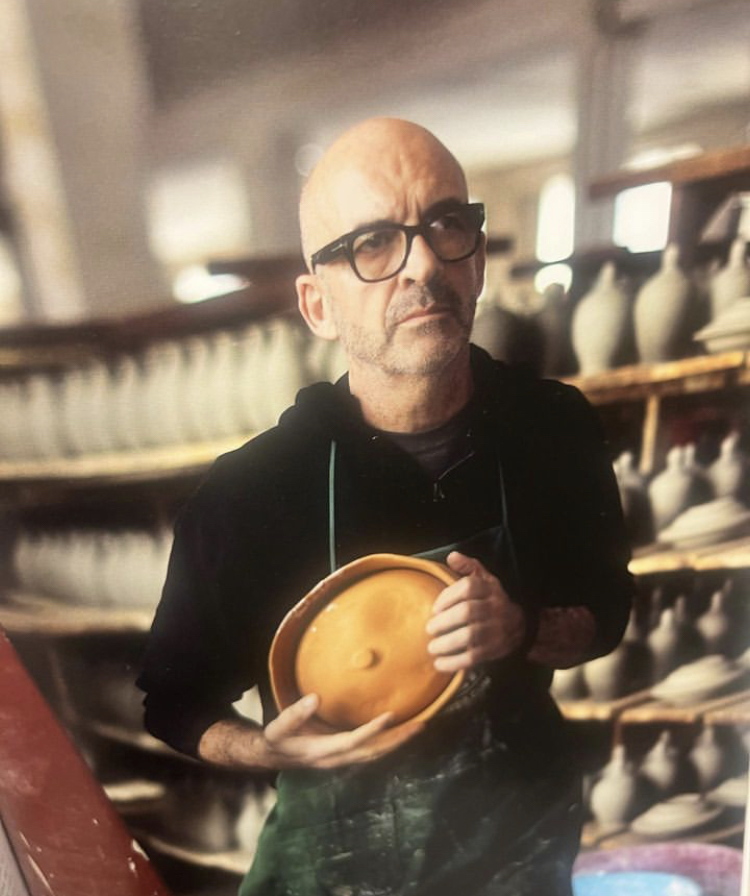by Evgenia Killikh ( former editor-in-chief, fashion editor and stylist Cosmopolitan, MINI, Burda; TV presenter and author; film director )
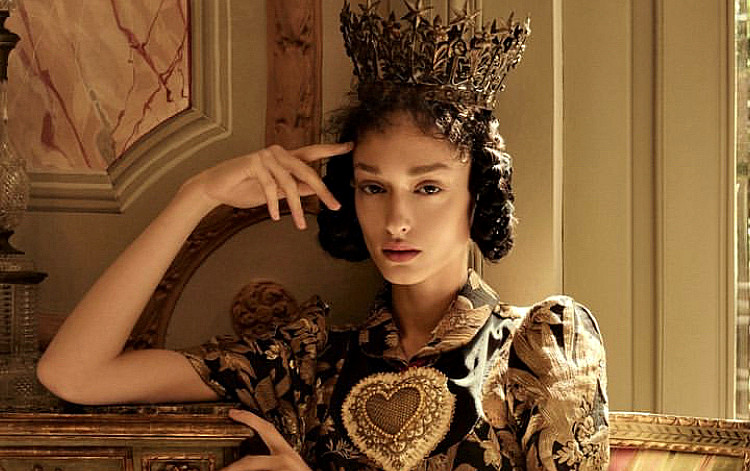
by Evgenia Killikh ( former editor-in-chief, fashion editor and stylist Cosmopolitan, MINI, Burda; TV presenter and author; film director )
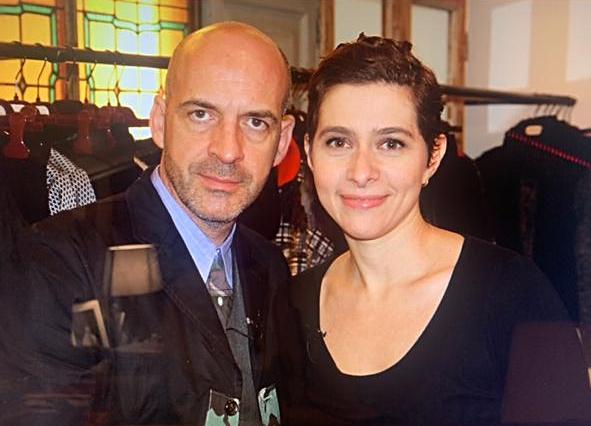
March, 14, 2005, Moscow, Russia, Petrovsky Passage by Bosco di Ciliegi – the opening day and reception of the first Antonio Marras flagship boutique. A considered event in the fashion world.
September, 18, 2024, spring-summer fashion show by Antonio Marras, Milan – almost 20 years later the Sardinian fashion designer continues to create his fairy-tale.
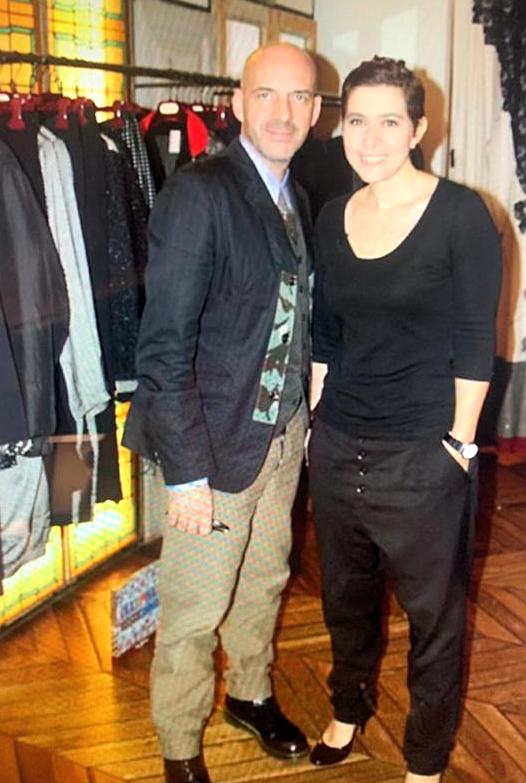
It was exactly the year I first met the artist. Yes, he has never defined himself as a fashion designer. “I don’t walk around with that concept of myself because it is a restrictive and reductive definition. I cannot stand it”. So true. His wide imagination and creativity influenced the world that Marras created around him, where fashion, art and music are gratefully connected. He is a man of extraordinary culture and intelligence. He always created his collections as if they were literary theatre performances or films in which he could act himself as a director and an actor. His invitations for fashion shows are the best proof. Each and every one is a real piece of art.
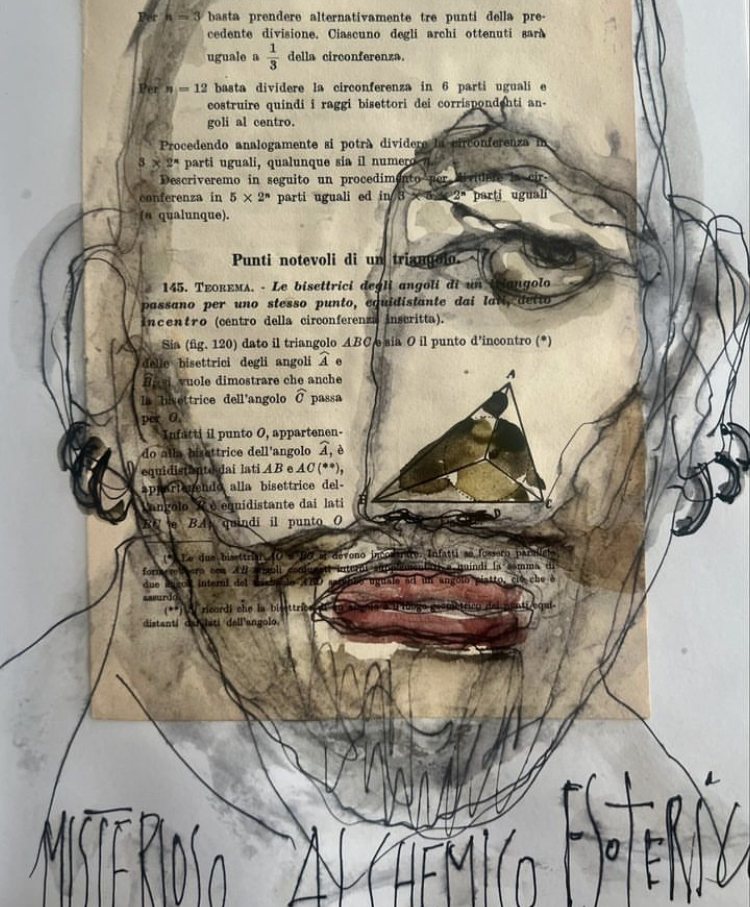
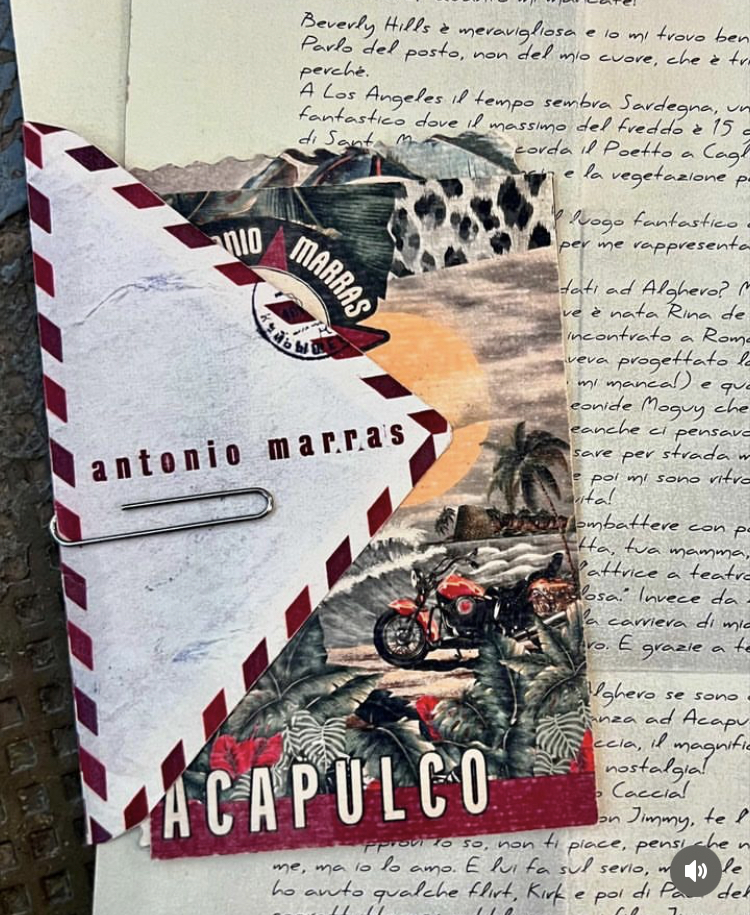
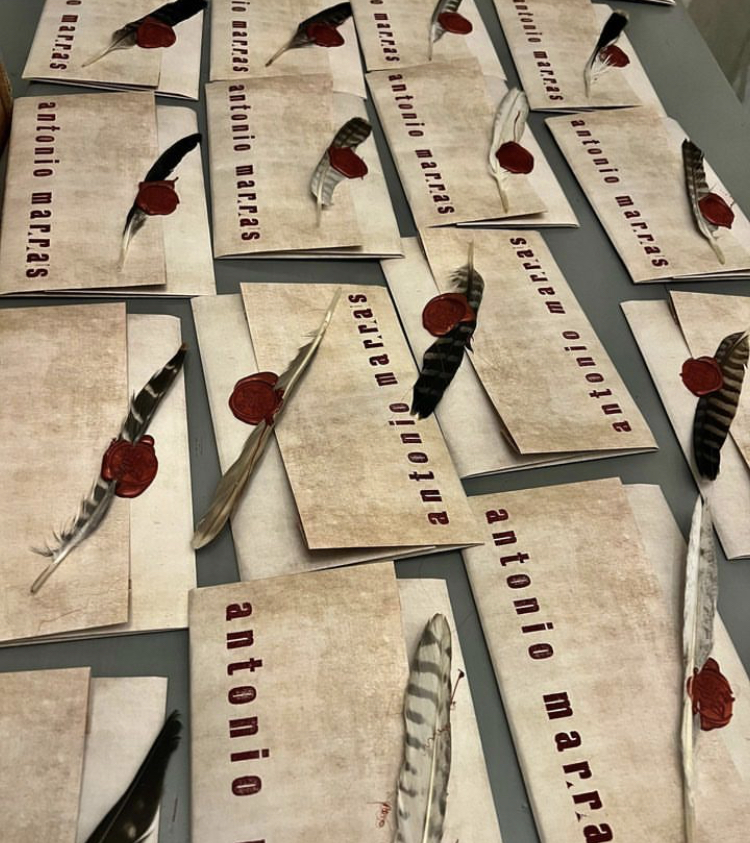
Antonio Marras was always attracted by poetic language that rejected rules, violated codes, freed all the senses and gave voice to the inexpressible. He is working with textiles as a poet with words. “I feel very close to the linguistic gap from the grammatical norm, the deviance from everyday language, the free use of words that are combined in an unusual way, creating unexpected plays on words and oxymorons,” – says the artist.
Besides creating dramatic and romantic clothes, he paints and makes installation art. He is also a ceramist and a musician, he writes songs. He has created a lot of collaborations with other famous artists such as, for example, Lavrenty Bruni – a descendant of a famous Russian-Italian dynasty, whose works are being sold at Sotheby’s and presented in world famous galleries.
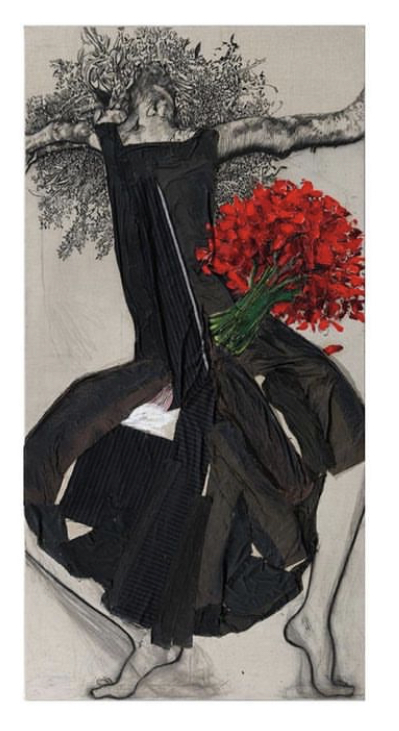
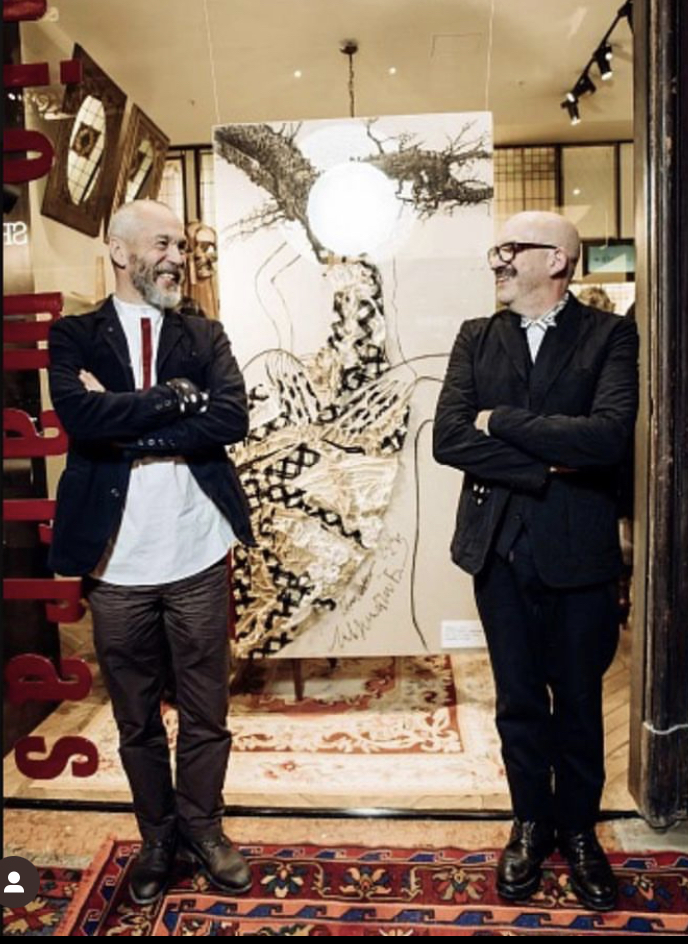
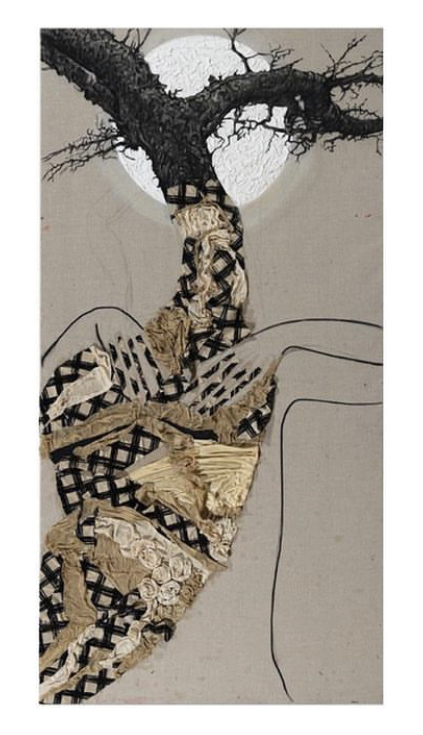
“I make no distinction between fashion, art, cinema, dance, literature and theatre or between high culture and popular culture. For me, they are one,” says Antonio. “I am so lucky to do a job that allows me the most unexpected mixtures. From fashion, I cross over to other fields; I mix and discover new effects.”
Some of his famous collaborations include the design of a notebook for Moleskine (2007), the Ti Amo Italia collection (I Love You, Italy, 2013) with the cosmetics company Collistar, and the Antonio Marras + Piquardo capsule collection of 11 yacht-style bags (2013).
His company was founded in 1987. The brand’s DNA is a combination of local handicraft sewing traditions from Sardinia, geometric and floral prints, patchwork, complex lace and embroidery.
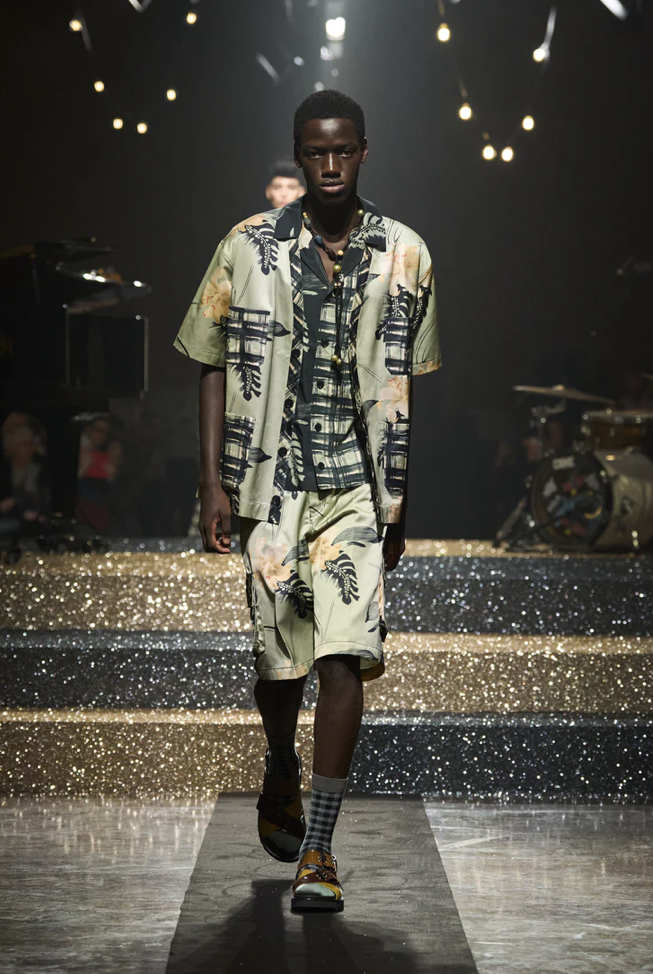
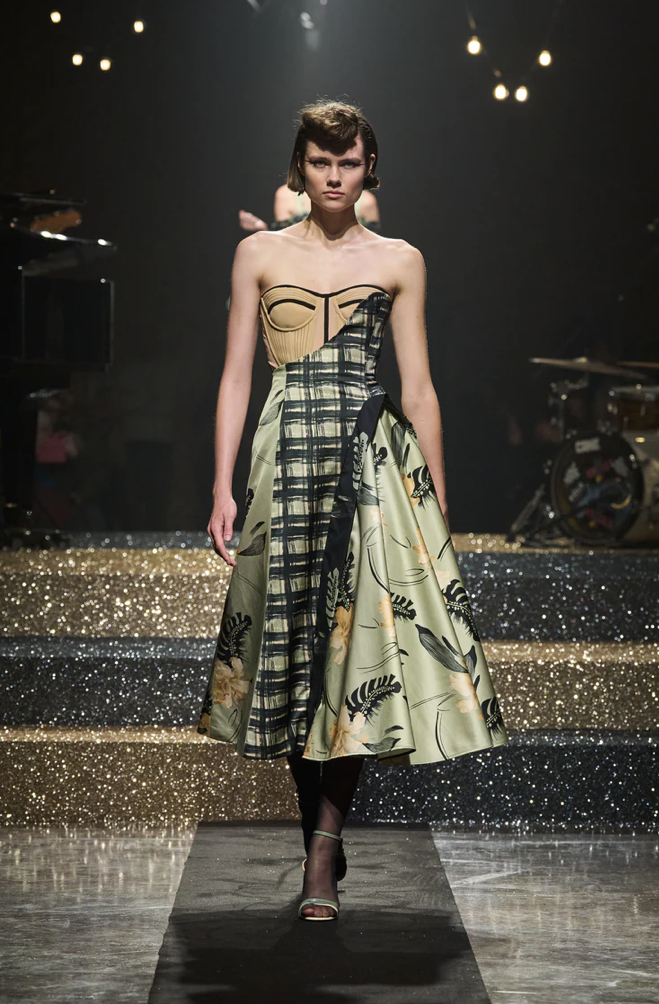
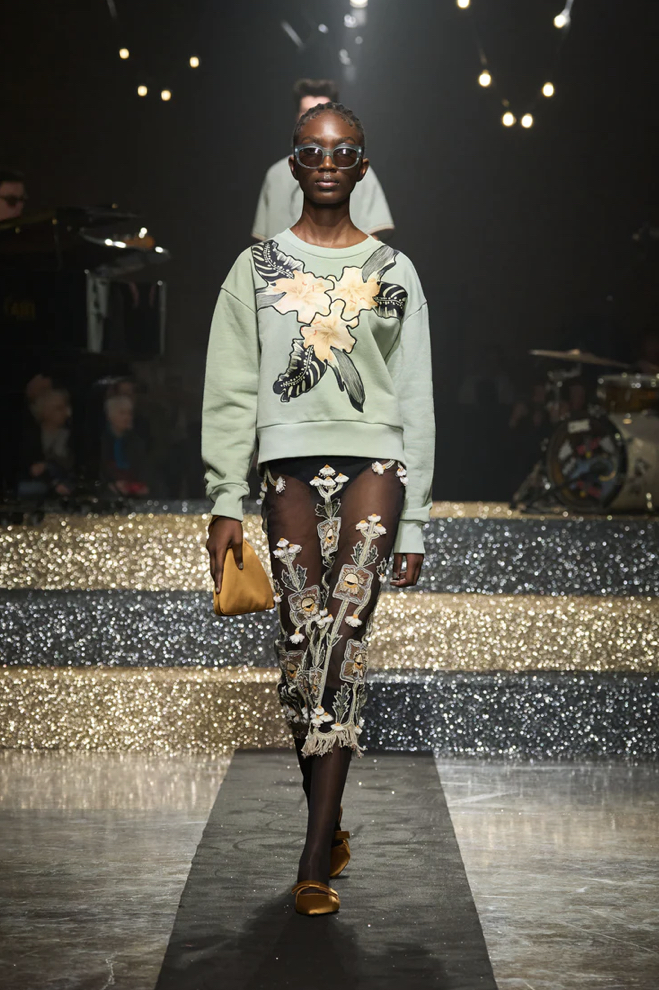
In 1996, the brand first participated in the Haute Couture Week in Rome. In 1999, Antonio Marras presented a women’s prêt-à-porter collection at Milan Fashion Week, and in 2002, a men’s collection. Marras and his wife Patrizia Sardo created two lines that were neither haute couture nor prêt-à-porter: Laboratorio and Limited Series. Conceived and realised in the designer’s home studio in Alghero, Sardinia, the products of these collections were created by hand in a strictly limited edition.
“Clothes are expressions of ourselves; we are all the result of a multicultural society. Clothes are the custodians of influences, passions, interests, and everything that happens in the world. We are like sponges and transmit our universe through our most suitable means.”
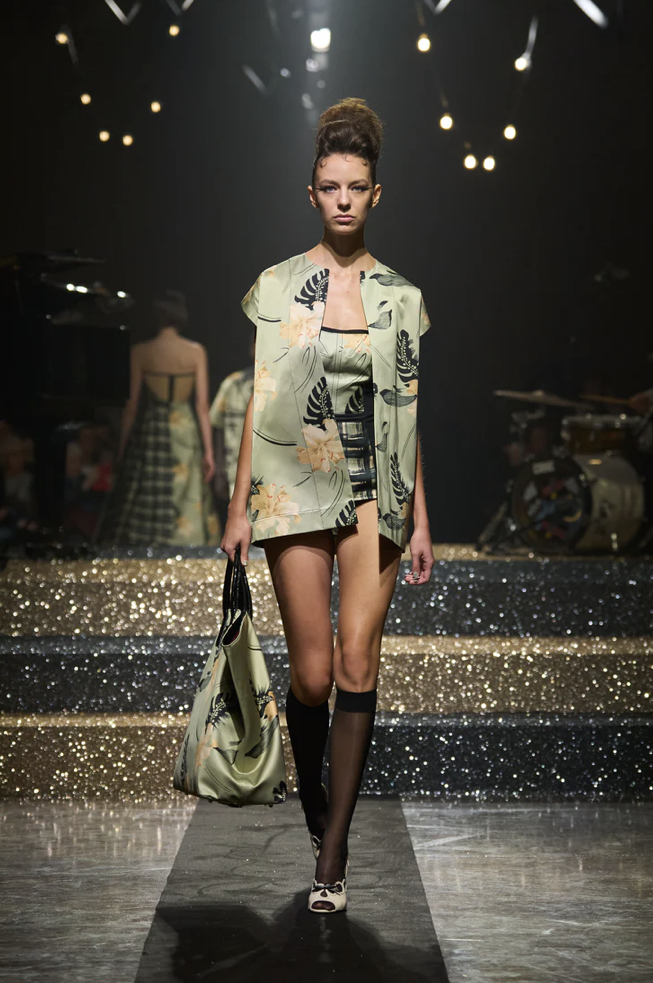
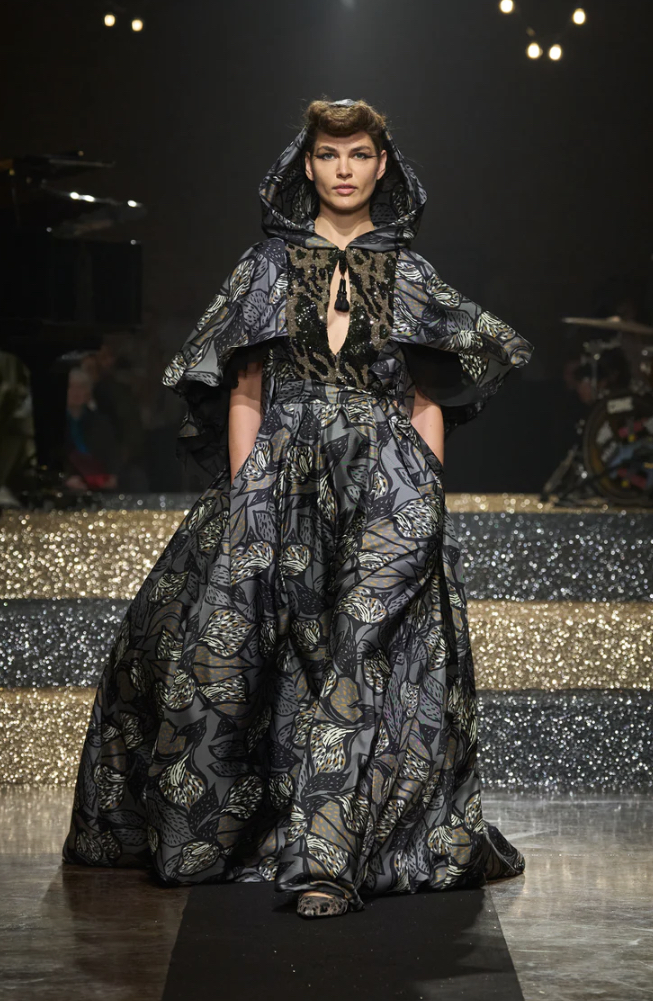
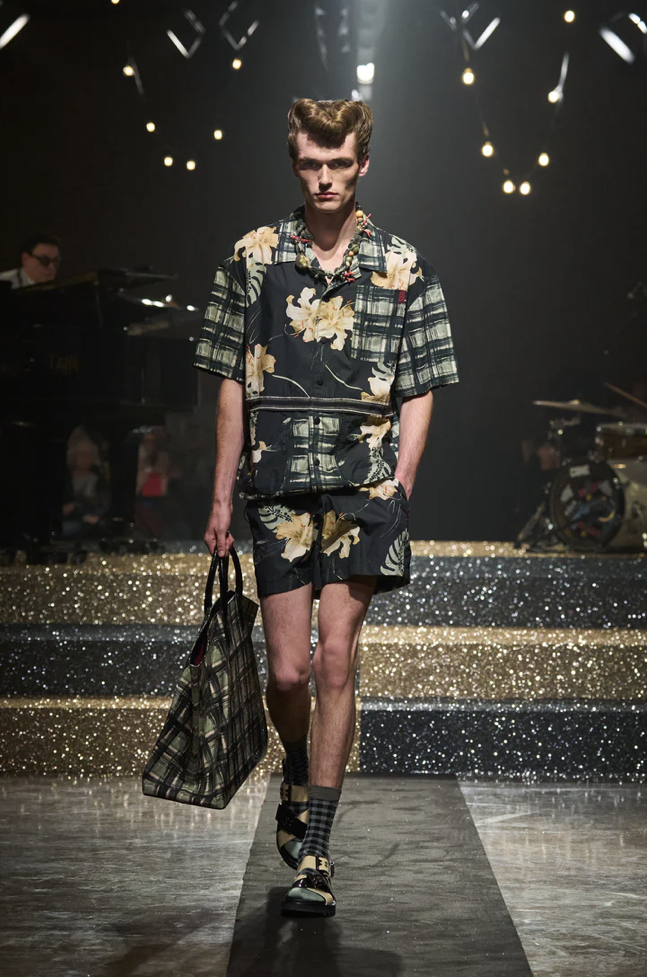
In 2003, Marras was appointed by the LVMH group as the Art Director of Kenzo, a journey that lasted until 2011. During that time, all collections were planned at his home in Sardinia with other Kenzo officials staying over at his place for a few weeks. Marras moved to Paris to the headquarters of Kenzo to oversee the progress while maintaining his Sardinian roots as a source of inspiration without wavering from Kenzo’s code of aesthetics.
In 1996, the brand first participated in the Haute Couture Week in Rome. In 1999, Antonio Marras presented a women’s prêt-à-porter collection at Milan Fashion Week, and in 2002, a men’s collection. Marras and his wife Patrizia Sardo created two lines that were neither haute couture nor prêt-à-porter: Laboratorio and Limited Series. Conceived and realised in the designer’s home studio in Alghero, Sardinia, the products of these collections were created by hand in a strictly limited edition.
“Clothes are expressions of ourselves; we are all the result of a multicultural society. Clothes are the custodians of influences, passions, interests, and everything that happens in the world. We are like sponges and transmit our universe through our most suitable means.”
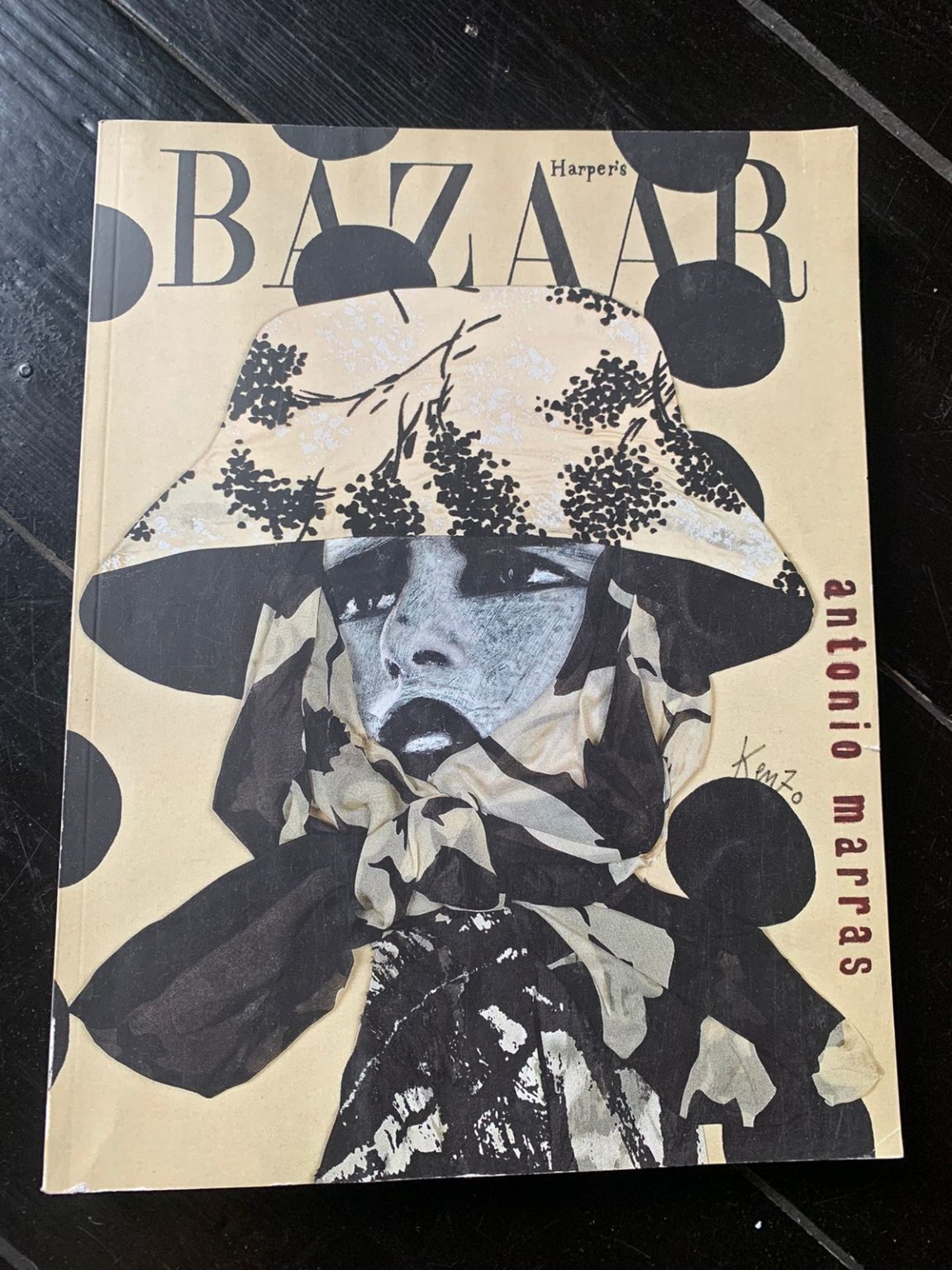
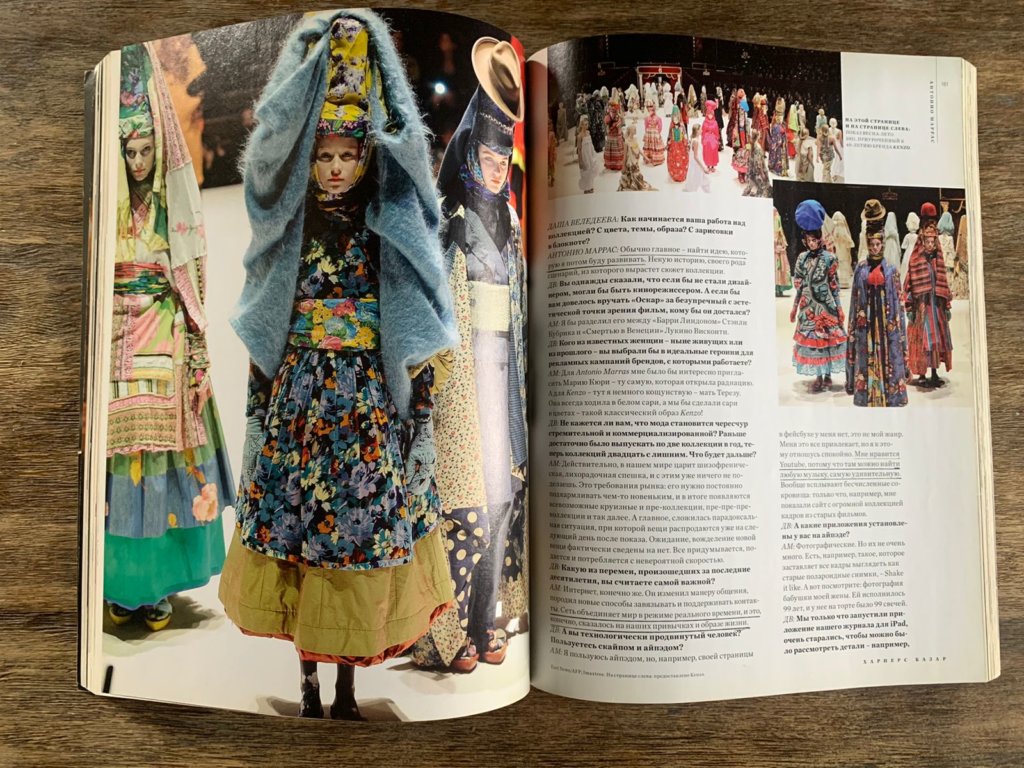
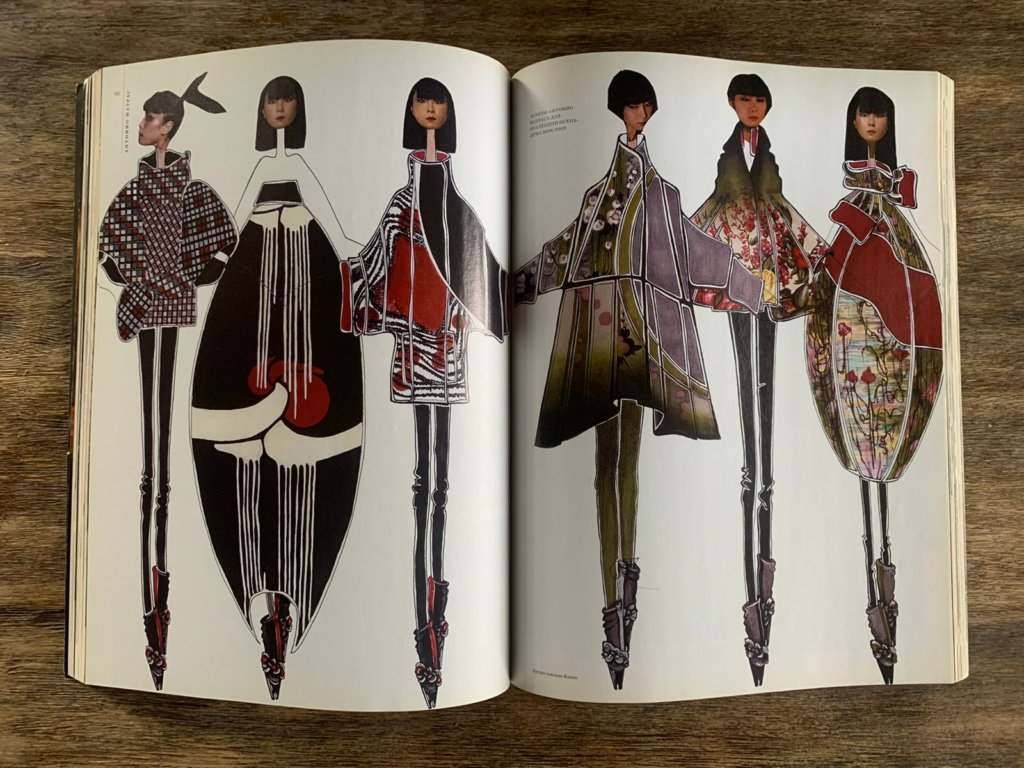
In 2015, the Antonio Marras global sales were estimated at about $11 million. The brand was presented in seven stores located in Moscow, Kuwait, Milan, Alghero, Seoul and in Dubai. The Antonio Marras line was distributed at around 140 multi-brand stores worldwide, while the I’m Isola Marras line was available at around 300 stores. Later on the brand continued to further expand in the United States and China.
In 2017 Efisio Marras, son of Antonio Marras, a graduate of Parsons School of Design in Paris and Central St. Martins in London, became creative director of the brand.
“Style for me is something innate, personal. It’s the ability to dare, naturally and freely, to have the courage to test and transgress rules, violate codes of conduct, prefer stepping away from the norm to following the norm, even if it be in just a small detail.”
Antonio Marras lives in a house full of furniture, objects and clothes.This is his fairy-tale, his world, his inspiration. He collects, amasses, combines everything he has an eye upon. Old furniture, clothes, objects destined to be forgotten in attics, in spare rooms, in markets, pressed by the urgency to breathe, and to come back to life and tell their stories attract him. Recycling everything and not throwing anything away is something natural, innate for him, because nothing is destroyed but everything is recreated.
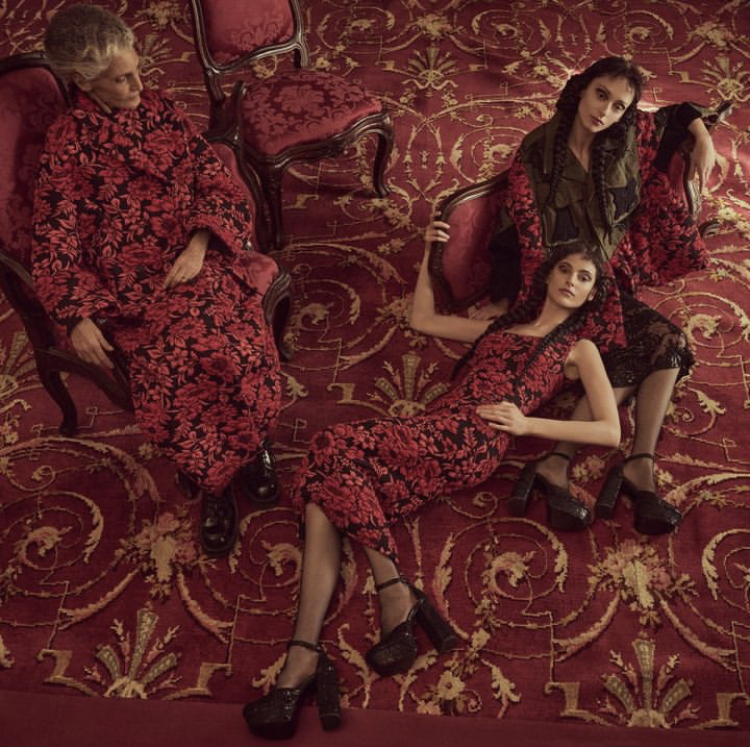

His style is decoration. Everything in traditional Sardinian clothing speaks and communicates. Items of clothing, personal adornments, and embroidery all express the social dimension of the people who wear them. Decorative forms are loaded with symbolic meaning. Filigree jewels, amulets, lace, and embroidered canvases, the asymmetries, dissonance, the inlays of both precious and poor fabrics, give life, when mixed together, to ever new solutions, to extremely topical creations, in which history and contemporaneity coexist.
Perhaps that is why any item from Antonio Marras collections is relevant today. He does not tolerate the concept of being in or out of trend. After all, art is always in demand. It has no age, it’s cosmopolitan and affordable to everyone. When soul and poetry are put into each item, the garment becomes dear.
